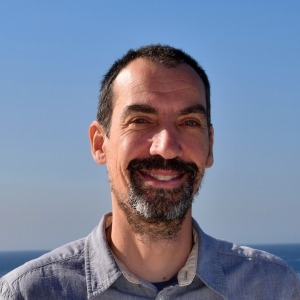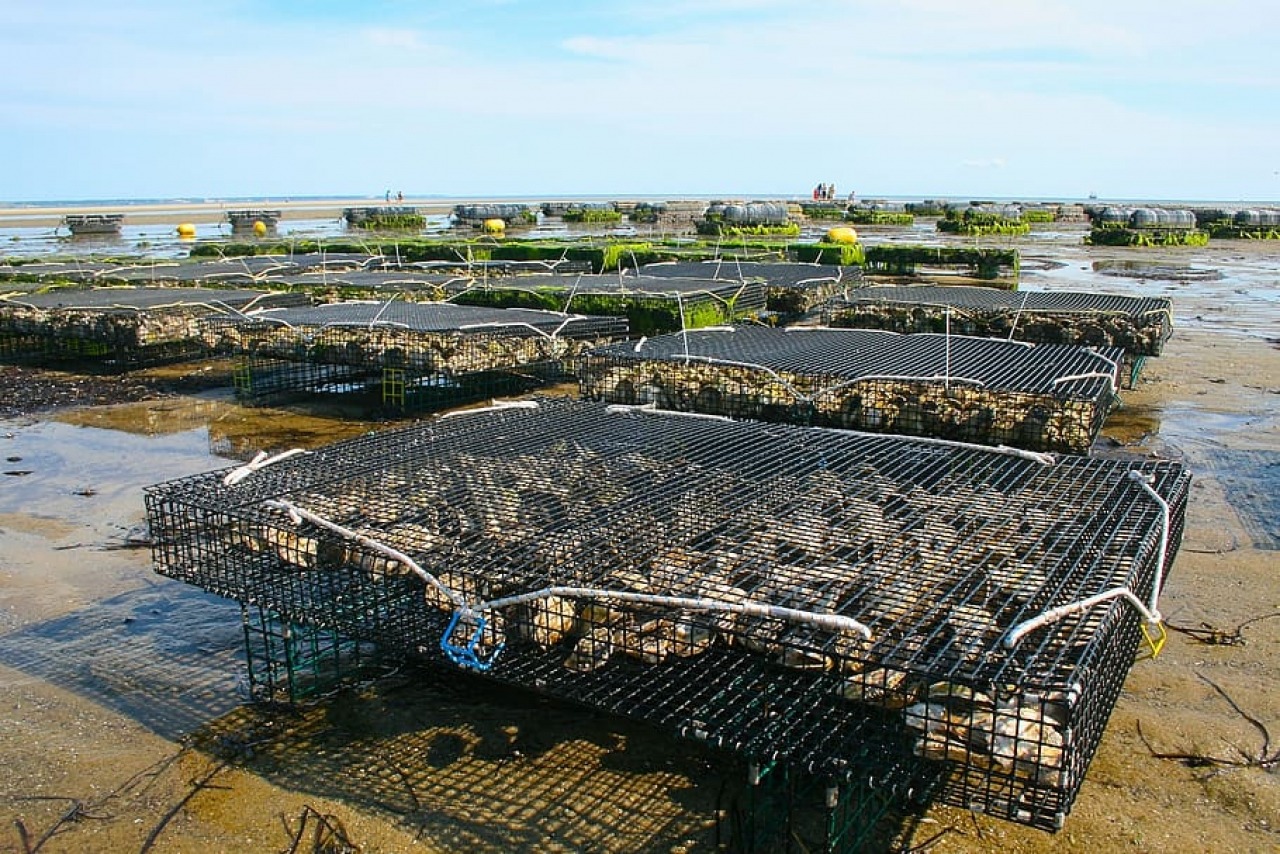

Researcher
Alexandre Campos graduated in Biology (1996) by the University of Aveiro and has a Master’s Degree in Plant Breeding (1999) by the University of Évora. He completed his PhD in Biological Sciences in 2005 at the Instituto de Tecnologia Química e Biológica (ITQB) from University Nova de Lisboa. He is currently Assistant Researcher at CIIMAR (Blue Biotechnology, Environment and Health Laboratory) and his main research interests cover the toxicology and risk assessment of harmful algal blooms. He is particularly interested in the metabolism of biotoxins in bivalve molluscs, water quality assessment and water reuse in agriculture.







